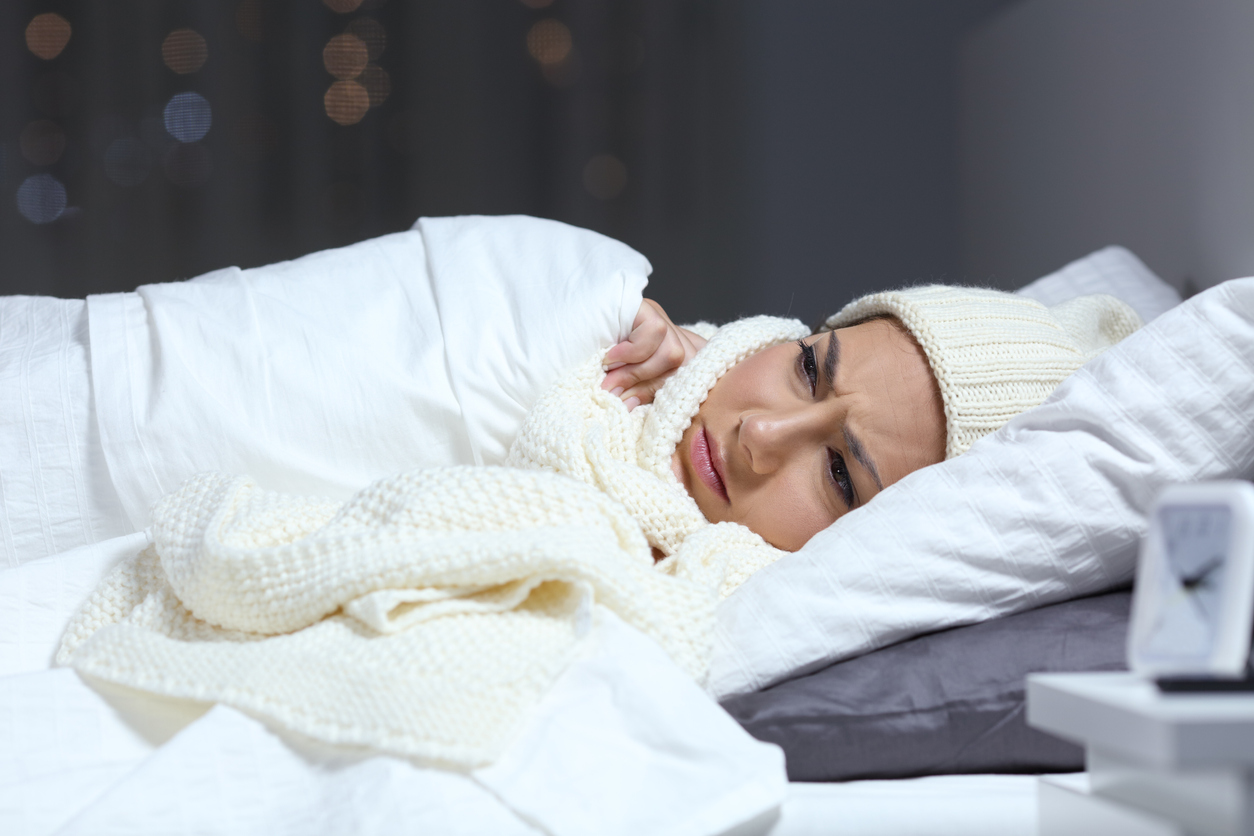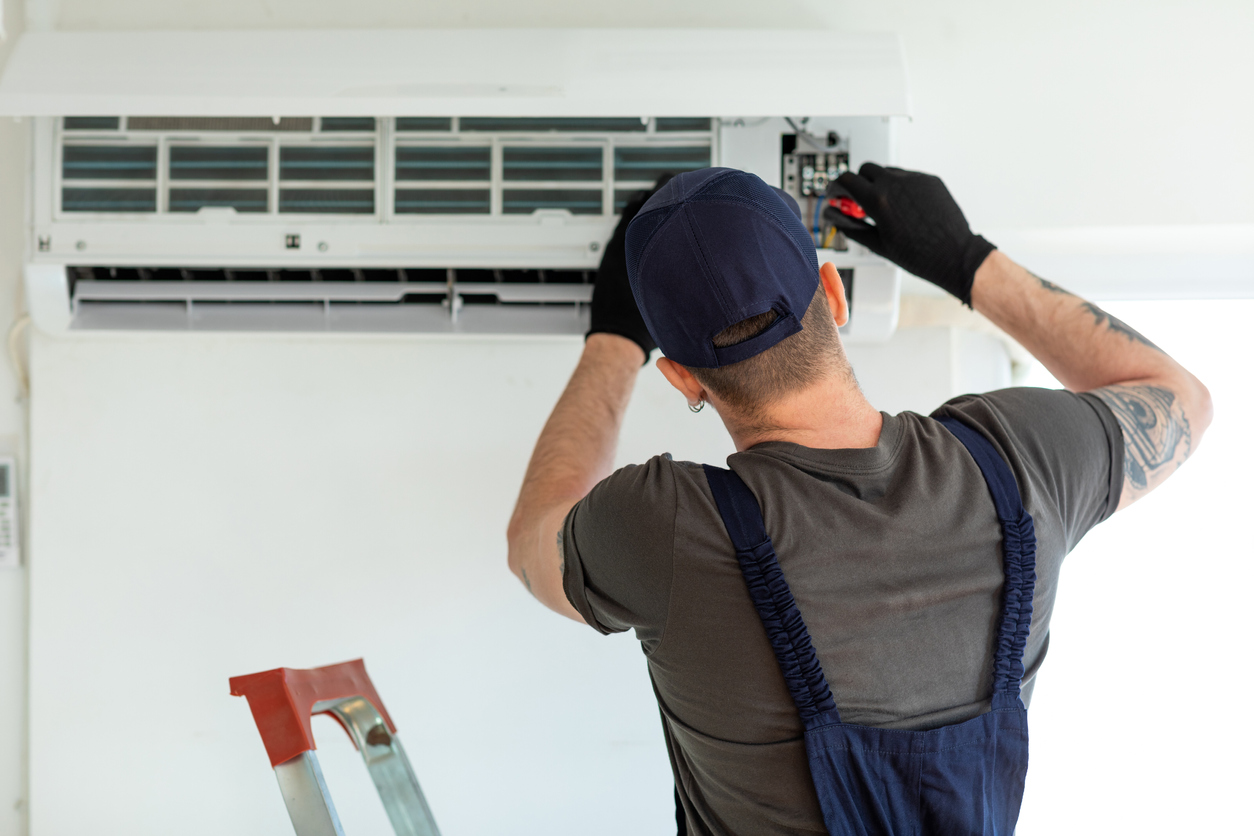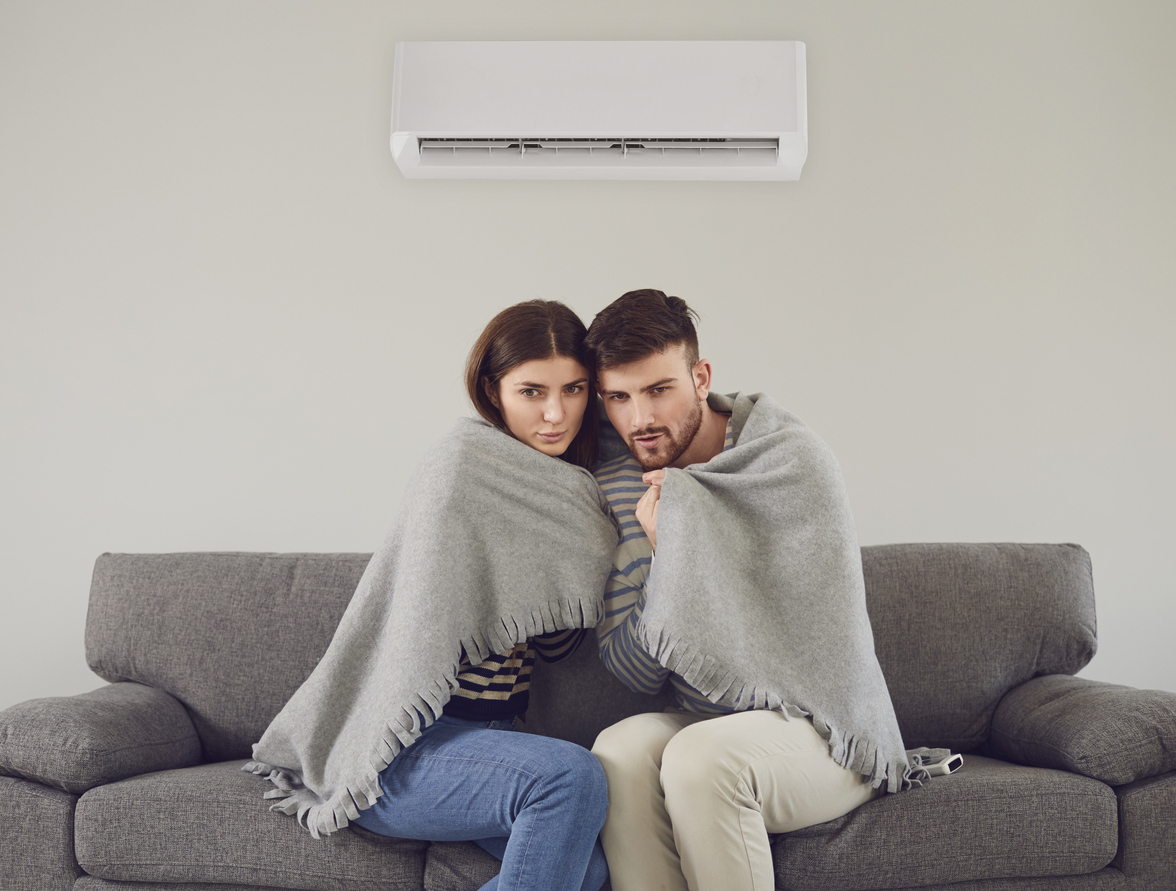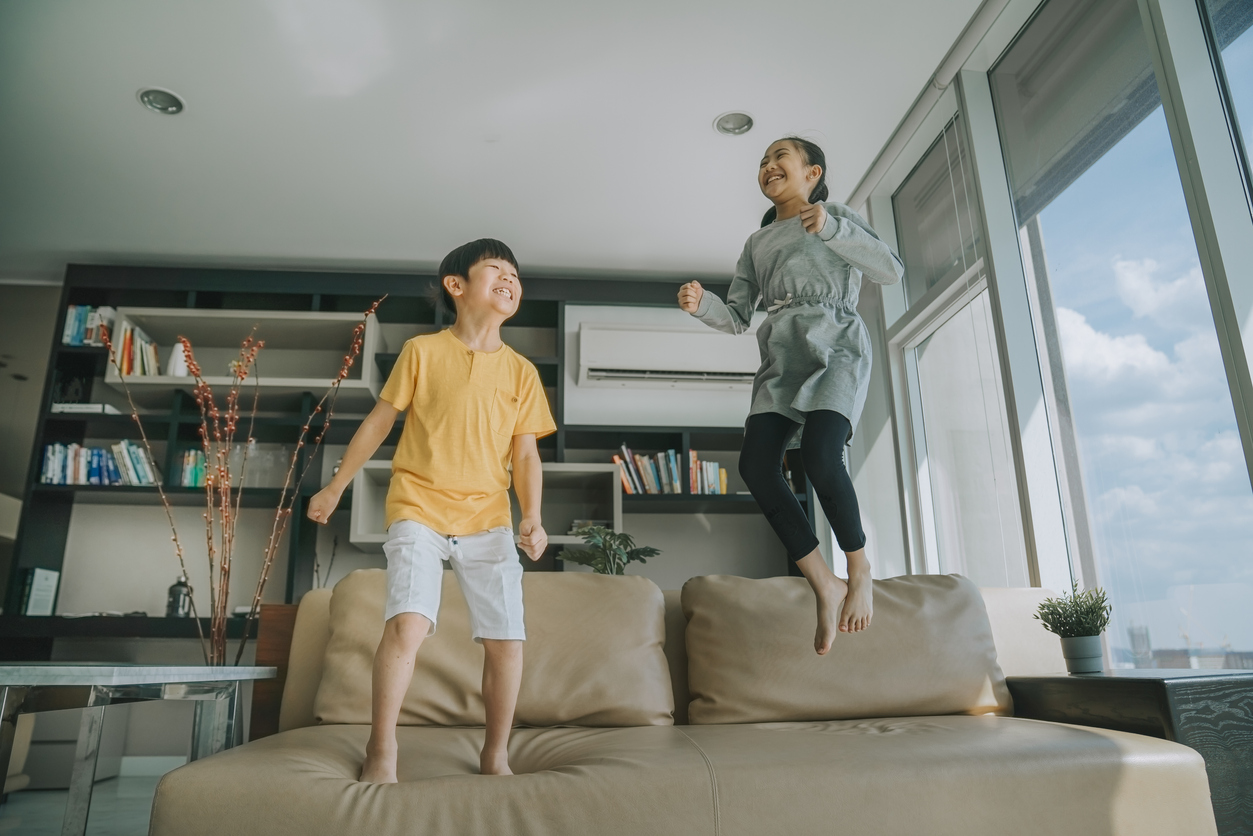If you have a heat pump, you’ve undoubtedly been advised that leaving it on the lowest setting at night is more efficient than turning it off, because keeping a warm temperature consumes less energy than warming the room in the morning.
Although heat pumps are one of the cheapest ways to warm your home during winter, leaving them running continuously may not be cost-effective. According to EnergyWise, you should turn off your heat pump when it’s not needed. This is done to avoid wasting too much energy.
Here are a few suggestions to make the most out of your heat pump.
Use The Timer Function:
You may set the timer to turn on the unit half an hour before you arrive home to ensure you always come home to a warm house. You may even programme the timer to turn on the heater before getting out of bed in the morning. Depending on the size of your unit and the area to be heated, this approach might save you $50 to $100 each month.
Keeping the setting low is another method to save money (between 18-20 degrees Celsius). It is a common fallacy that turning your heat pump to its highest setting would heat the space faster. it won’t. It will merely use more power.
Insulation:
Insulation alone might save you a lot of money on your energy bill. Your heat pump will not have to work as hard if your walls and ceiling are properly insulated, and your home will be less expensive to heat.
After you turn off the heat, the temperature will decline. If your home is well-insulated, the temperature will decrease slowly, so there is less reason to have a heater on. Otherwise, the temperature would decrease faster, but the heat from your heat pump will evaporate and be wasted. In either case, having thick blankets to keep you warm is preferable to having your heat pump running all night.
Heat Pump Sizes:
There is no one-size-fits-all solution when it comes to heat pumps. If the unit is too small for the area to be heated, it will struggle to generate adequate heat and will be more expensive to operate. If the unit is too large, though, it will use more energy than necessary to heat your house.
Also, different types of heat pumps operate in different ways. A split system, for example, is meant to heat only one room and is ideal for open-plan living areas. Ducted systems use a number of ducts that run through the ceiling to heat various rooms.
Finally, it is essential to get your unit cleaned and serviced on a regular basis, especially before the cooler months begin. Contact the heat pump professionals at Quality Air today for more information on heat pumps and air conditioning units.



